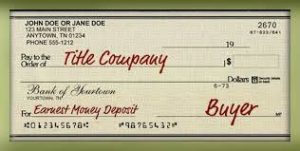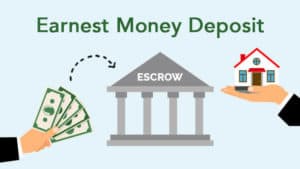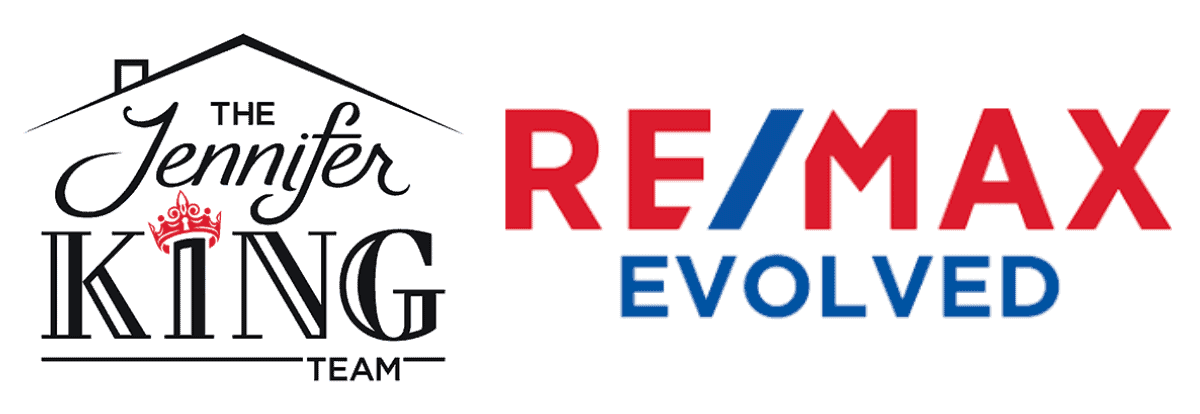What’s the difference between earnest money and down payment for a home purchase? We’d love to help! Call 717-723-9080!
Earnest Money vs. Down Payment – What’s The Difference?
Earnest Money Deposit

Earnest money (also known as a “good faith” deposit) indicates that the buyer is putting money “down” on the purchase, showing their “good faith” in moving forward with the transaction.
When the sale proceeds successfully to settlement, the earnest money (aka good faith deposit) comes back to the buyer as a credit at the time of settlement. Earnest money / “good faith” money is generally between 1 and 5% of the purchase price, while higher amounts (up to or exceeding 10% can grab a sellers’ attention).
Sometimes market conditions suggest that a larger deposit is better in achieving your goal or purchasing the home. (ie in competing offer situations or during a sellers’ market.)
Sellers are more favorable to larger deposits because that generally indicates that the buyer(s) is/are serious about purchasing the home and moving forward with the transaction.

Once the offer is accepted, the “good faith” deposit (aka earnest money deposit) is generally deposited into:
- either the title company’s account who’s going to be handling the settlement or more commonly, at least in Pennsylvania:
- it generally is held by the listing brokerage in a special escrow account, which is a non-interest bearing account it gets held there until settlement.

Down Payment

Quite often, buyers are confused about the difference between a down payment and an earnest money deposit. The difference is that the downpayment is going to be determined, by your mortgage professional based on the type of financing you’re using.
For example, if you need to put 3% down, 3.5%, 10% or 20% down for your loan, you’re going to work that out with your lender. Those funds are funds that you need to put down against the mortgage amount of your home. You’ll need all of those funds by settlement. Again, your lender can give you guidance on that.
Those funds are separate from the deposit that you’re using for your earnest money. (which is the deposit submitted w/ the offer, and which will come back to you as a credit at settlement.)
Earnest Money In Jeopardy! (ie “Can I lose my earnest money deposit?)
There are a few instances where buyers can put their earnest money deposit in jeopardy, meaning that they may have to give up their deposit in order to be released from the transaction.
Some of those examples are:
- Deadlines that are not met (including filing the appropriate paperwork to file extensions if needed)
- The buyer simply gets “cold feet” and decides to terminate without reason.
- Buyers find a new property they like better than the one they’ve got “under contract” and decide to terminate.
Deposits should generally be considered non-refundable.
The deposit can be refundable if:
- something happens where the buyer can no longer qualify for financing or
- something comes up with inspections or appraisal which cannot be successfully negotiated
Summary – Earnest Money vs Down Payment Money

Keep in mind that the down payment is something that’s relative to your loan and you’ll want to discuss that with your lender.
The earnest money deposit (aka “good faith” deposit) is something that is submitted at the time your contract is written/submitted – and that’s something you’ll want to discuss with your real estate professional.
Considering buying a home? Check out this helpful buyer quick video list for more info.
Considering selling? Check out our seller video series for tips and guidance!
Ready to sell or buy? 717-723-9080 – We’d love to help you turn your realty dreams – into reality!
People Also Read:
What Closing Costs Does A Seller Pay in PA?
Looking for more info. on selling? Check out:
Jennifer’s Blog for Sellers – Tips & Info. on Selling Your Home


